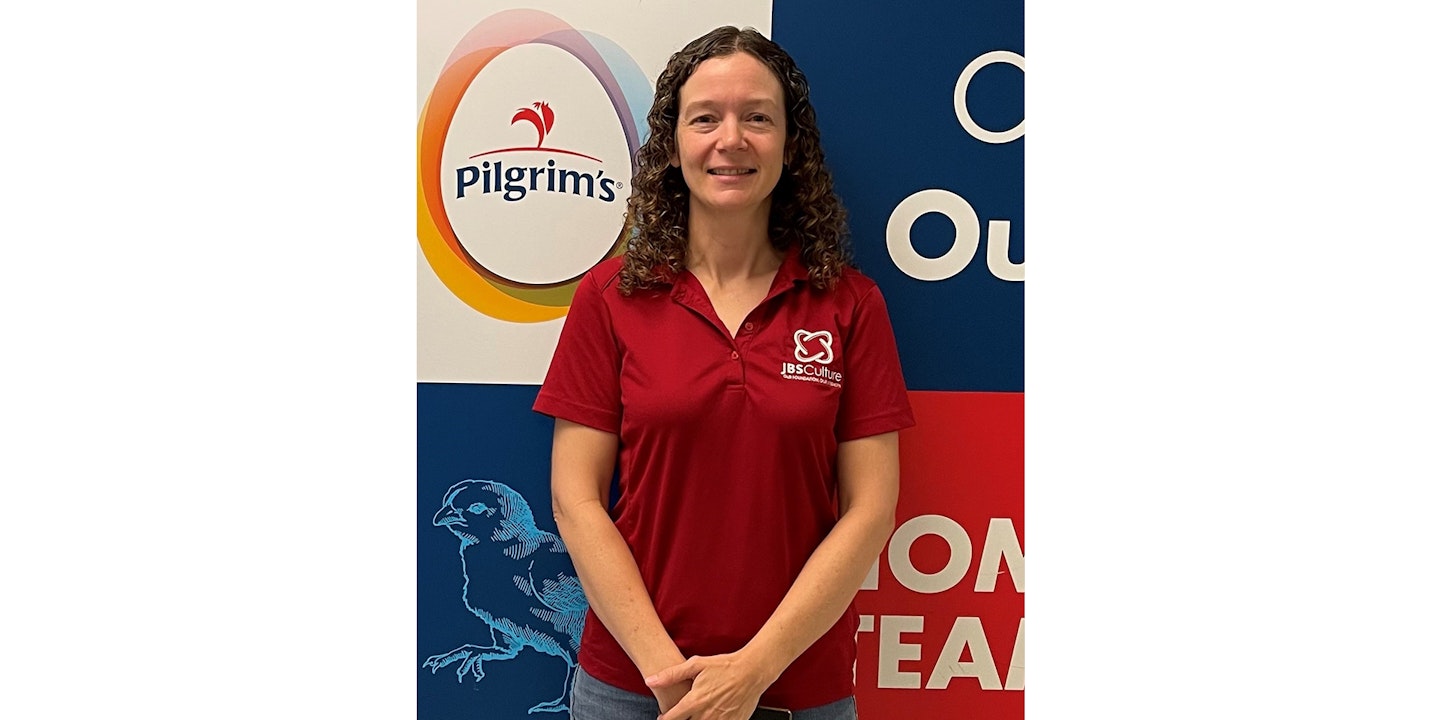Melissa Molaison
Environmental Manager at Pilgrim's Enterprise, AL

Melissa Molaison’s commitment to caring for nature goes back at least seven generations, when her family first began farming the same land in Florida’s panhandle where she lives today.
Growing up outdoors, she would swim, fish and hike on the property. Now, after work as the environmental manager at the Pilgrim’s plant in Enterprise, Alabama, about 25 miles away, she never tires of hearing whippoorwills and frogs and watching fireflies from her porch.
Messila says part of the property was purchased by her great grandfather during the Great Depression “for a nickel an acre plus a fifty-pound bag of flour.” A family cemetery bears headstones dating back to the Civil War.
“It’s quiet and dark, and you can see the stars at night,” Melissa said, and she is glad that her job helps her keep nature that way for her daughter and future generations.
Graduating college with a degree in environmental science, Melissa had plans to be a park ranger. “Never in my wildest dreams did I think I would wind up working for the chicken industry or industry in general.”
Yet half a career later, seven of those with Pilgrim’s, she’s happy that she did.
“The job is an important part of what I want to do with my life … feeling like I am making a difference and protecting the environment,” she says. “I’m doing that in ways I never could have imagined.”
She’s making a 14,000-metric ton difference, to be precise, attributed to the annual reduction in greenhouse gases Melissa stands to achieve with her latest project: to improve the efficiency of an anaerobic lagoon, which treats wastewater from the Pilgrim’s plant.
It is being funded as part of JBS’s $1 billion capital investment to help achieve net zero greenhouse gas (GHG) emissions by 2040.
Melissa’s is one of hundreds of funded projects proposed by team members to cut emissions. The $6-million lagoon investment will cut GHG emissions by 40% at the Pilgrim’s plant, putting it in first place among other facilities in the US on long race to road net zero.
Melissa is undertaking a complete overhaul of the six-acre pond that treats about one million gallons of wastewater each day.
Bacteria in the lagoon consume incoming waste, such as oils and grease. Methane, a potent GHG, is a natural byproduct from bacteria’s activity. Melissa will first clear the pond of years of build up to optimize its water treatment capability.
The cleaned lagoon will be covered with a huge 100-mils-thick black plastic sheet to create the anaerobic – meaning oxygen-free – conditions the bacteria need and capture the methane byproduct. The methane will later be captured to offset GHGs by powering water heaters or electrical generators at the plant.
“JBS is ahead of the curve with this kind of investment,” says Melissa. “And the culture here is all about getting it done.”